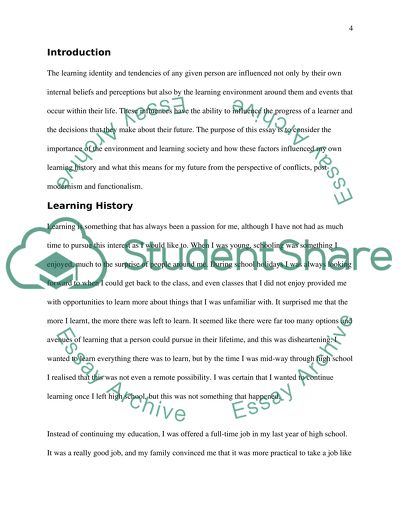Cite this document
(“The Learning Society and Learner Identities Essay”, n.d.)
The Learning Society and Learner Identities Essay. Retrieved from https://studentshare.org/education/1400993-the-learning-society-and-learner-identities
The Learning Society and Learner Identities Essay. Retrieved from https://studentshare.org/education/1400993-the-learning-society-and-learner-identities
(The Learning Society and Learner Identities Essay)
The Learning Society and Learner Identities Essay. https://studentshare.org/education/1400993-the-learning-society-and-learner-identities.
The Learning Society and Learner Identities Essay. https://studentshare.org/education/1400993-the-learning-society-and-learner-identities.
“The Learning Society and Learner Identities Essay”, n.d. https://studentshare.org/education/1400993-the-learning-society-and-learner-identities.


